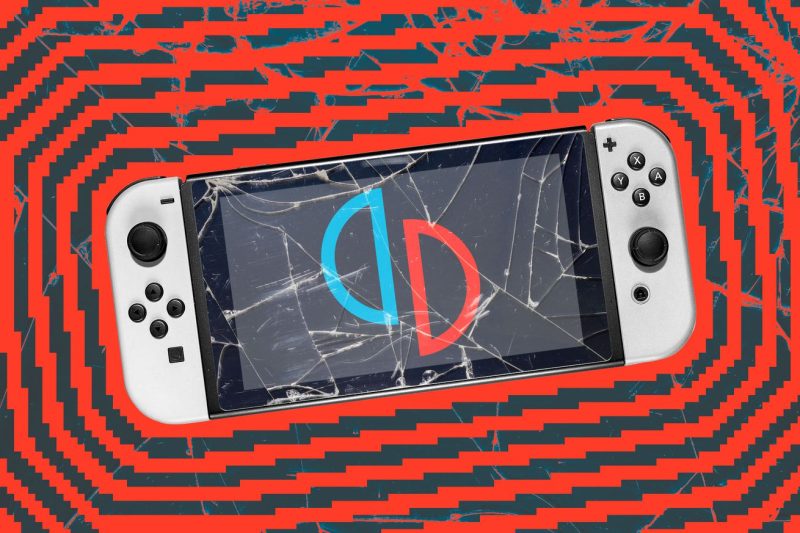In recent years, the world of emulation has seen significant advancements, allowing users to experience classic and newer video games on various devices. However, the emulation community is currently facing a major setback with Nintendo’s aggressive measures to halt the progress of Yuzu, a prominent Nintendo Switch emulator. This move has sparked controversy and raised concerns about the future of emulation technology.
The legal battle between Nintendo and emulator developers has been ongoing for some time, with Nintendo frequently taking action to protect its intellectual property rights. However, the recent escalation in attempts to dismantle Yuzu has sent shockwaves throughout the emulation community.
One of the primary tactics employed by Nintendo to thwart Yuzu’s progress is through issuing cease and desist letters, threatening legal action against the developers. These letters accuse the developers of copyright infringement and demand that they cease all activities related to the Yuzu emulator. This aggressive approach has forced the developers to reconsider their involvement in the project and has created a cloud of uncertainty around the future development of Yuzu.
The impact of Nintendo’s actions extends beyond just the Yuzu emulator itself. The emulation community as a whole is feeling the effects of this crackdown, with developers and users alike expressing concern over the increasing hostility towards emulation projects. Many fear that other emulators could be targeted next, leading to a potential domino effect that could significantly hamper the progress of emulation technology.
Furthermore, the implications of Nintendo’s actions are not limited to the emulator community. They also raise questions about the broader issues of intellectual property rights and the balance between protecting creators’ rights and fostering innovation and creativity. While Nintendo is within its legal rights to protect its intellectual property, the aggressive tactics employed in this case have left many questioning the company’s approach.
In response to the backlash, some members of the emulation community have called for a more constructive dialogue between Nintendo and emulator developers. They argue that collaboration and open communication could lead to a more positive outcome for all parties involved, allowing for the development of emulators that respect copyright laws while still providing users with a way to enjoy their favorite games on alternative platforms.
As the legal battle between Nintendo and emulator developers continues to unfold, the future of Yuzu and the emulation community remains uncertain. While Nintendo’s efforts to protect its intellectual property are understandable, the aggressive tactics employed in this case have raised important questions about the impact of such actions on the broader emulation community and the balance between intellectual property rights and technological innovation.

